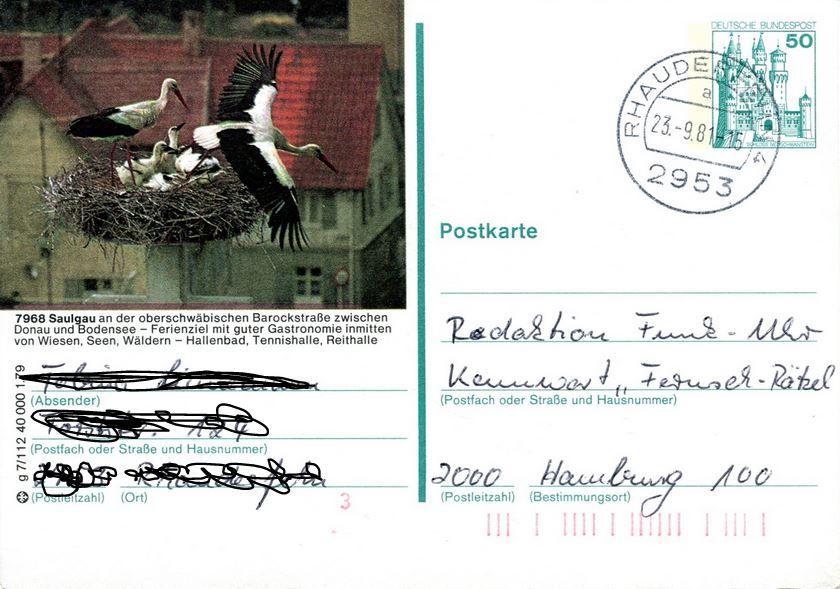
Stork thanks: children thank their parents

Gratitude: inspires giving
How do I get on the topic of gratitude this month? Actually, via the stork from the science section. To the Egyptians, it was clear that young storks cared for their aging parents, bringing them food and even carrying them through the air. The Greeks took up this story and formed from it the “stork law” Lex pelargonia (pelargos: the stork). It obliged young people to provide for their parents in old age out of gratitude. The Romans also assigned the stork to pietas, i.e. the virtue of reverence/thankfulness to parents, gods and the state. Thus, in those days, the repayment of benefactions was called ‘antipelargosis’ (stork gratitude). Thus gratitude was also declared one of the virtues. For the Roman philosopher Cicero, gratitude was not only the greatest of all virtues, but also the mother of them all. However, while many virtues remained in people’s consciousness, gratitude was unfortunately almost forgotten again. Psychology rediscovered it only 20 years ago.
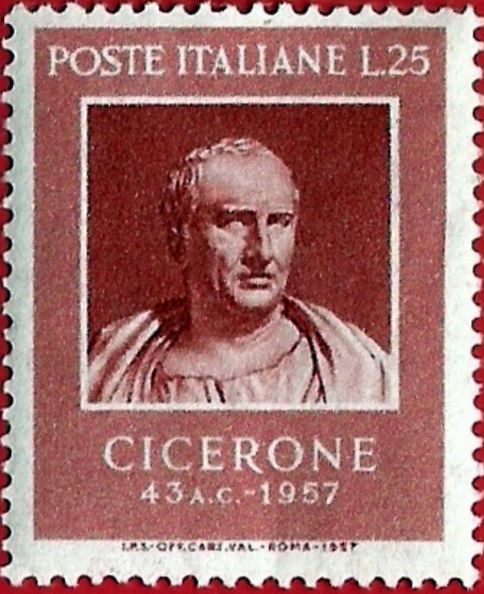
Cicero declared gratitude to be the mother of all virtues
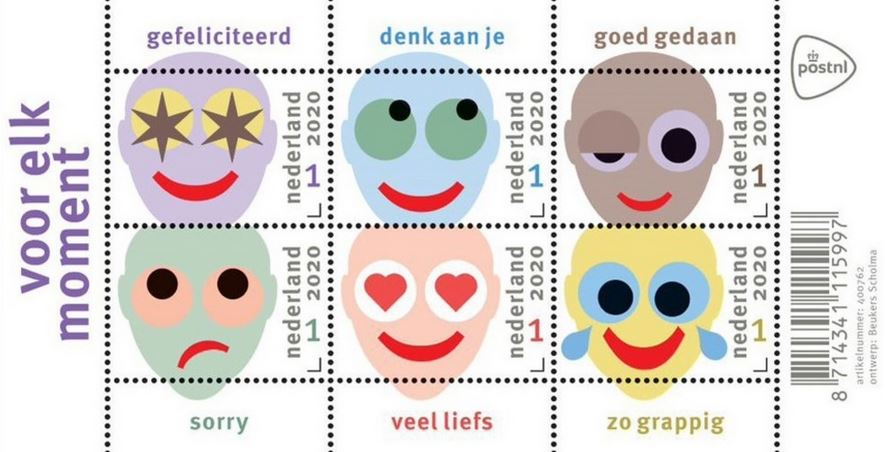
Gratitude is a feeling
Actually, it should be easy to explain: but what is gratitude, how to describe the feeling of gratitude? It is a feeling that arises when I receive something from a person who wants to give me something good, a benefit, a gift. And when something has to do with feelings, we also want to know where the feeling comes from. Neuroscience studies have identified brain areas that are likely involved in experiencing and expressing gratitude, which may indicate that gratitude is an intrinsic component of the human experience.
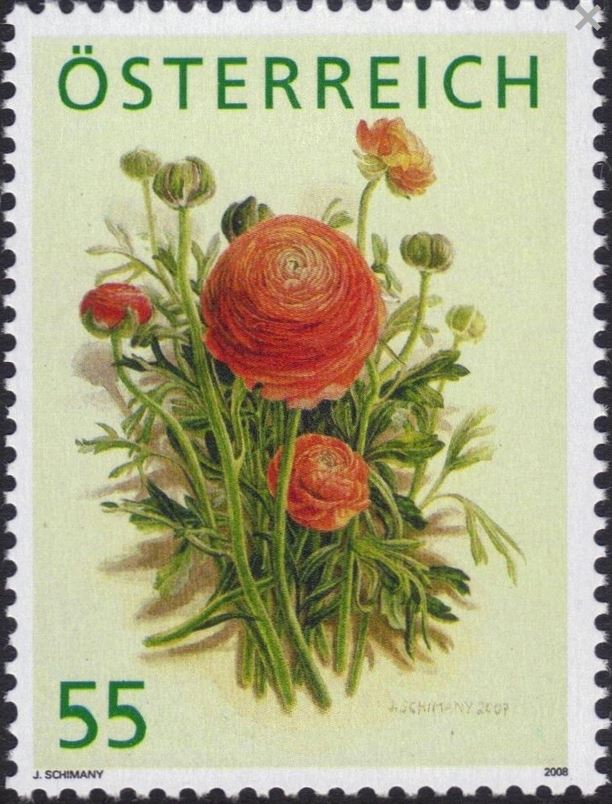
Gratitude is not an exchange – unlike the principle of loyalty tokens (Austria 2008 here).
An important aspect of gratitude for me is that I am also grateful for good things that I cannot create for myself. Also and just because of this, gratitude often eludes an exchange logic and it is up to me to feel gratitude for a “gift” that I cannot return, and then not to judge this negatively (shame, guilt). Such an asymmetry exists especially in the religious sphere, where gratitude to God for his gifts, which we ourselves cannot obtain, is commonplace. From this it is often concluded that atheists can experience the positive of gratitude only to a limited extent.

Gratitude used to be “easier” for believers to experience
But what is the positive of gratitude now? A milestone for this laid the 2003 published study series of the US-Americans Robert Emmons of the University of California in Davis and Michael McCullough of the University of Miami. They “instructed” test persons either to write down once a week for 10 weeks five things for which they were grateful. Others were asked to write down what they were angry about, and still others simply wrote down things that were important to them. It turned out that the subjects in the gratitude group were currently more satisfied with their lives compared to the rest of the participants. They had fewer physical complaints such as headaches, dizziness or muscle tension, and they exercised more.
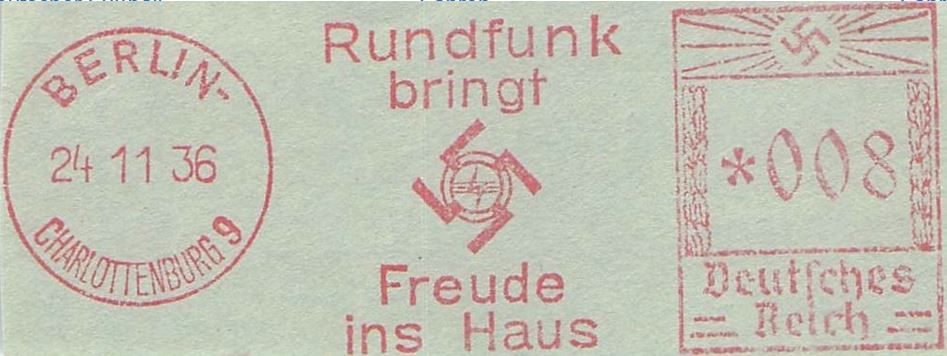
Gratitude creates joy
Overall, it was found that there was a strong correlation between feeling grateful and feelings such as optimism and joy. Even though this study is accused of having such a large effect only because the “control groups” also focused on negative events, other subsequent studies have since shown that gratitude can indeed have these effects, although not on this scale.

Psychology but also psychiatry are increasingly concerned with gratitude
Gratitude exercises are therefore meanwhile used in psychology scientifically justified therapeutically. If one wants so, now – due to scientifically founded studies – the atheist follows the believer concerning the gratitude. He too can now experience that ultimately everything is a cycle. Who experiences gratitude, passes it on also to other fellow men.

Being thankful can enrich our lives
Many people are probably not even aware of what gratitude can trigger in us, and it is far from being exhaustively researched. In particular, why not everyone benefits from it, for which individuals gratitude therapy can also be harmful (e.g. depressives and narcissists) and why gratitude cannot simply be equated with positive thinking. According to many philosophers and psychologists, gratitude is more than positive thinking, it is an attitude, a joy of being.
Unfortunately, in our everyday lives, gratitude is sometimes somewhat lost. But it does not have to stay that way! We should not (have to) do without this feeling and the stork thankfulness. Gratitude can give us serenity and joy in many areas of our lives, we just need to recognize what we can be grateful for. There is still much to discover!
https://www.spektrum.de/news/sei-dankbar/1774092
https://www.psychologie-heute.de/gesundheit/artikel-detailansicht/40924-dankbarkeit-ist-nicht-positives-denken.html
